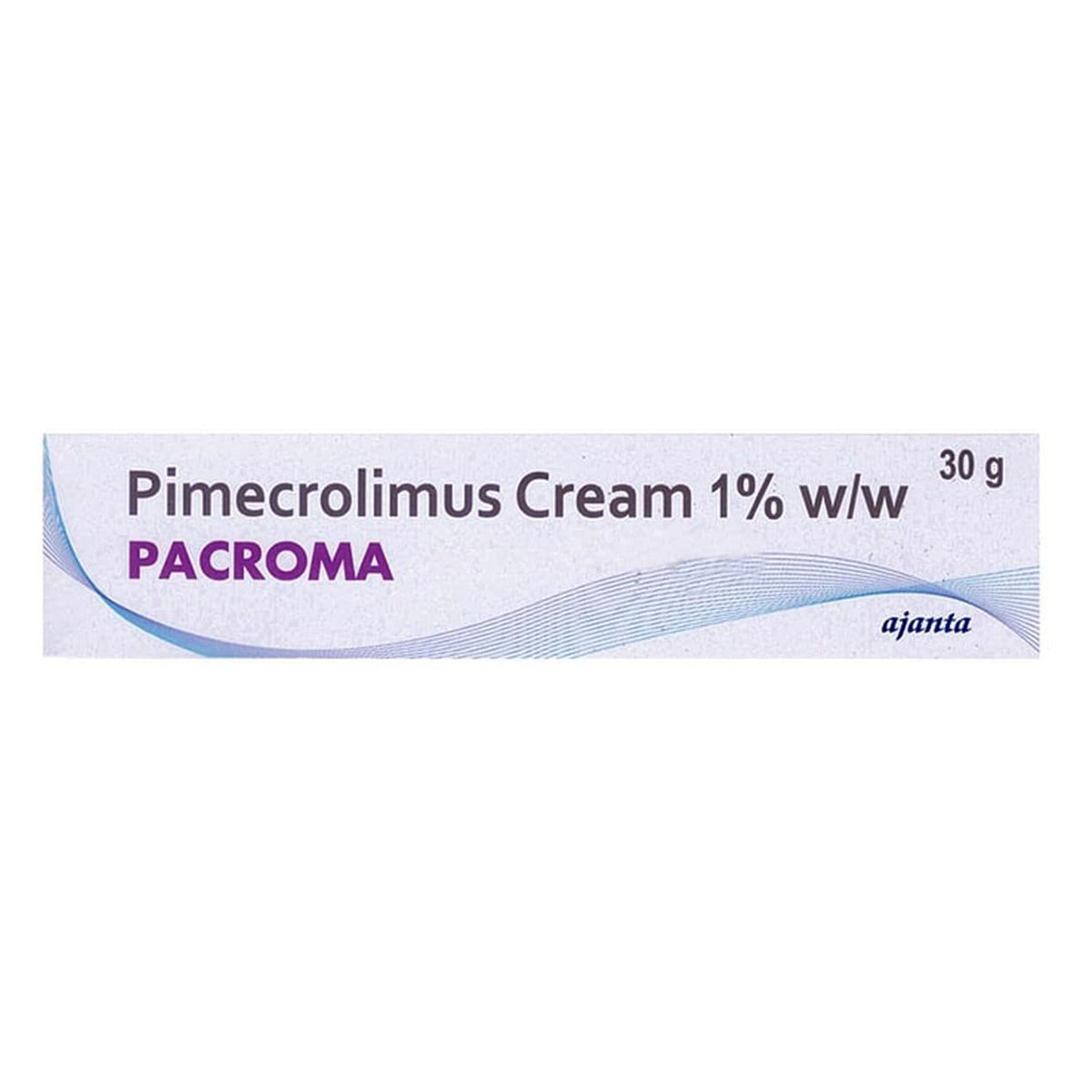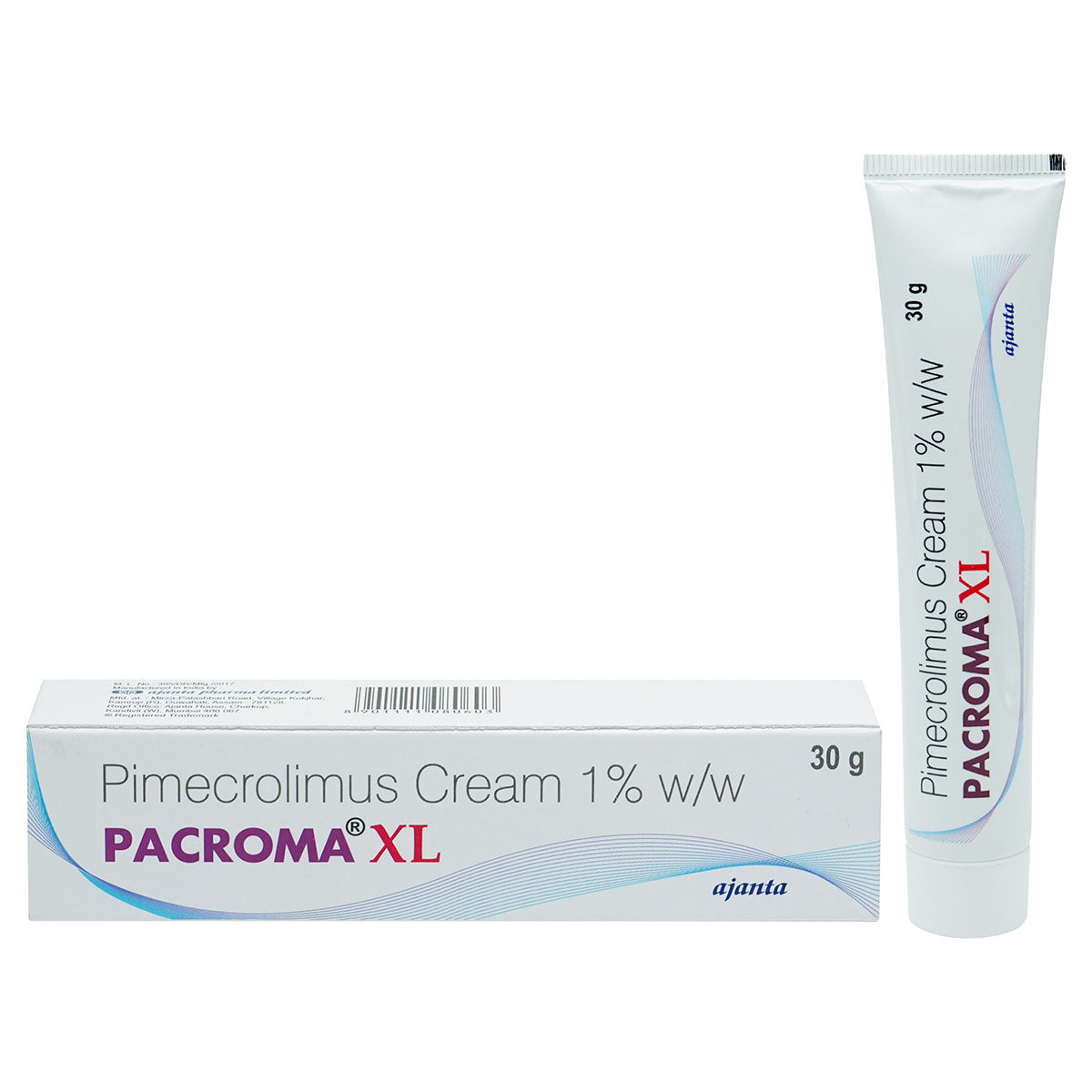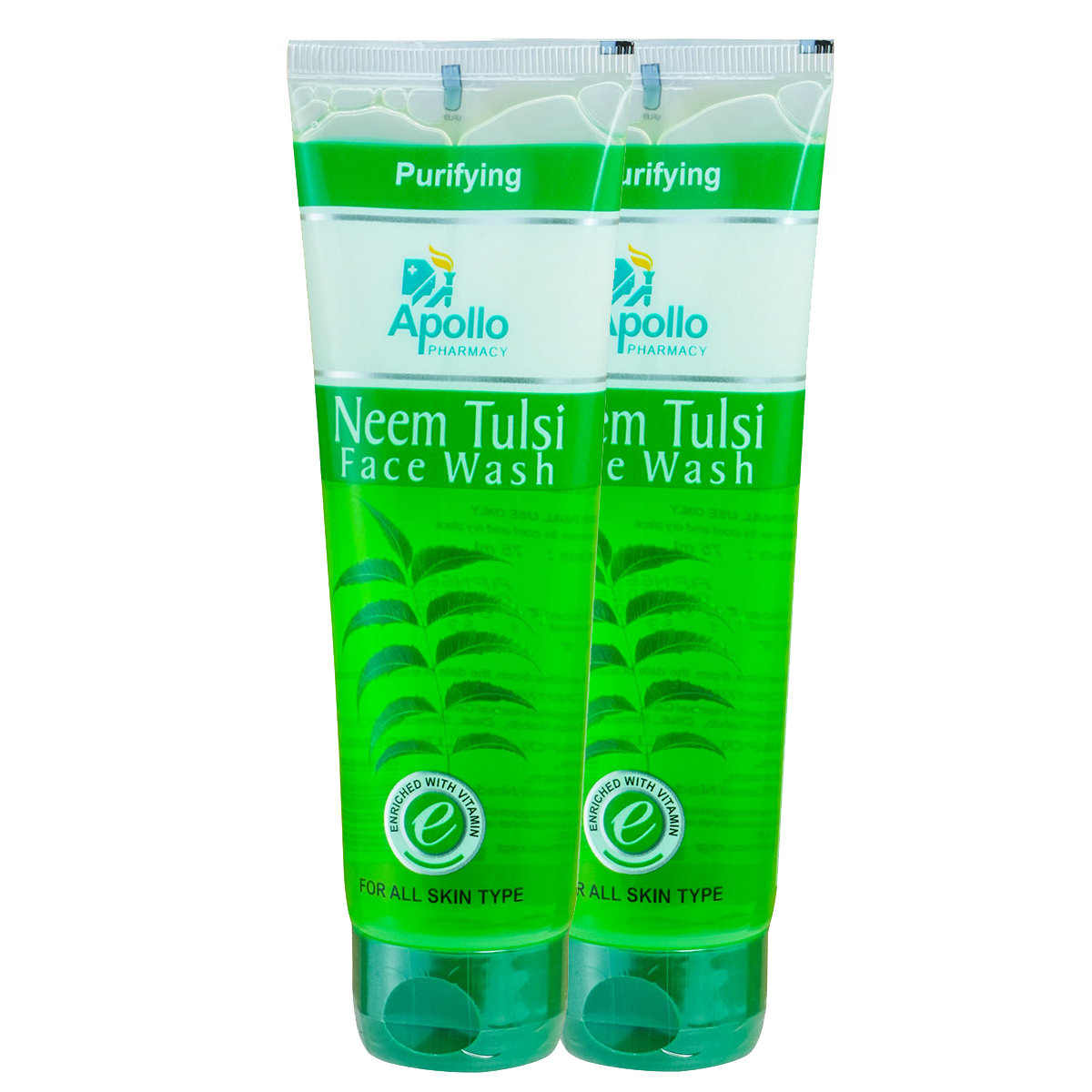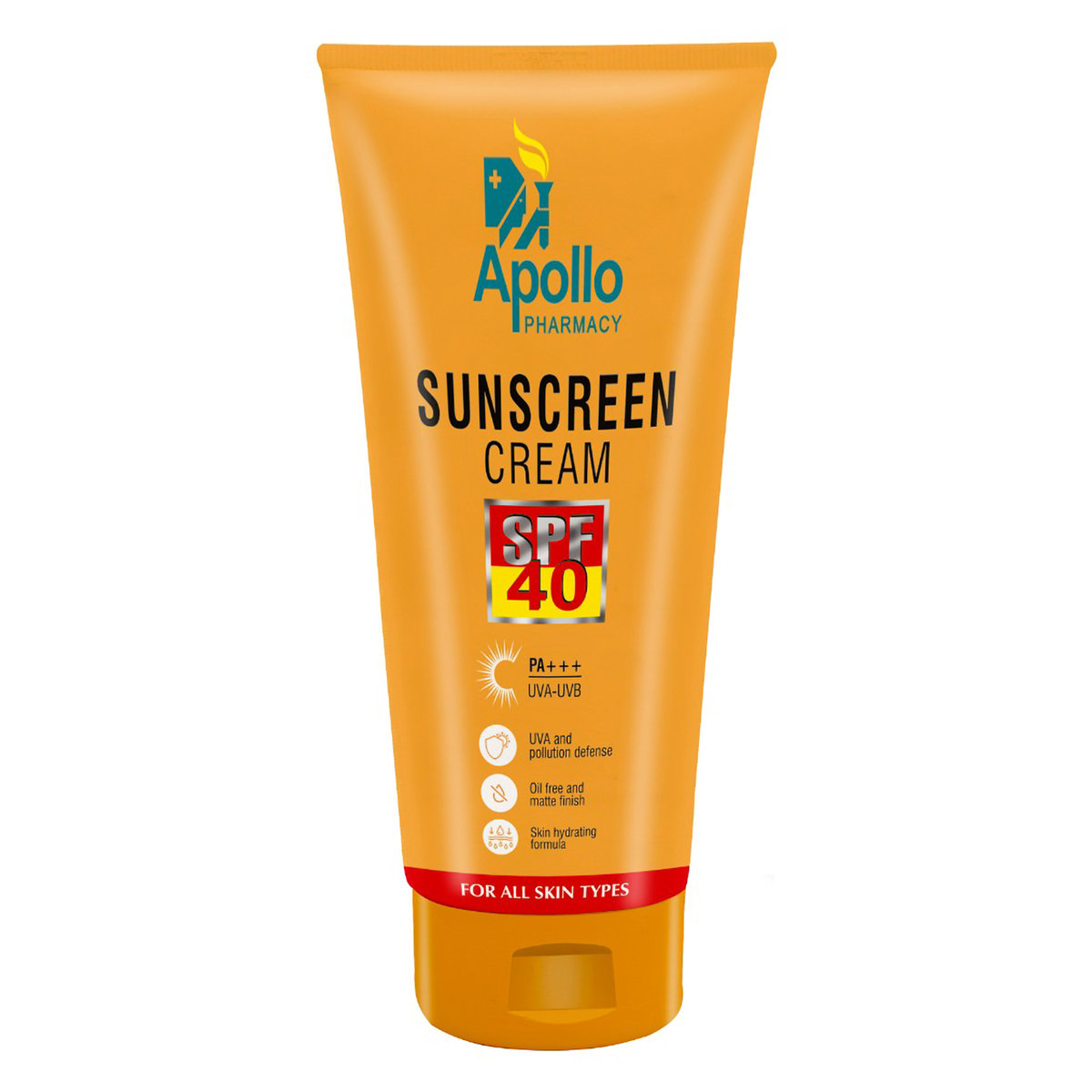Picon Cream 30 gm
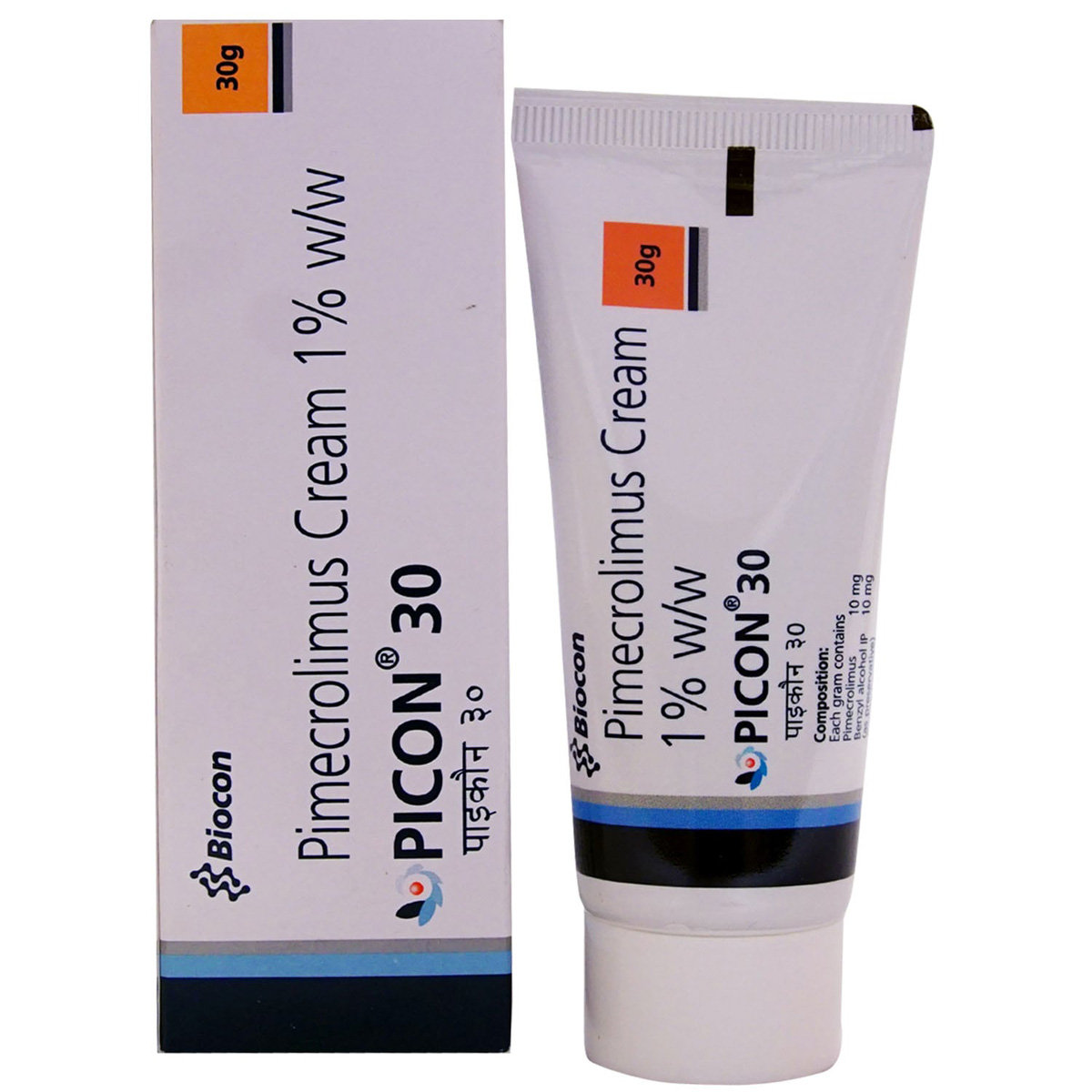
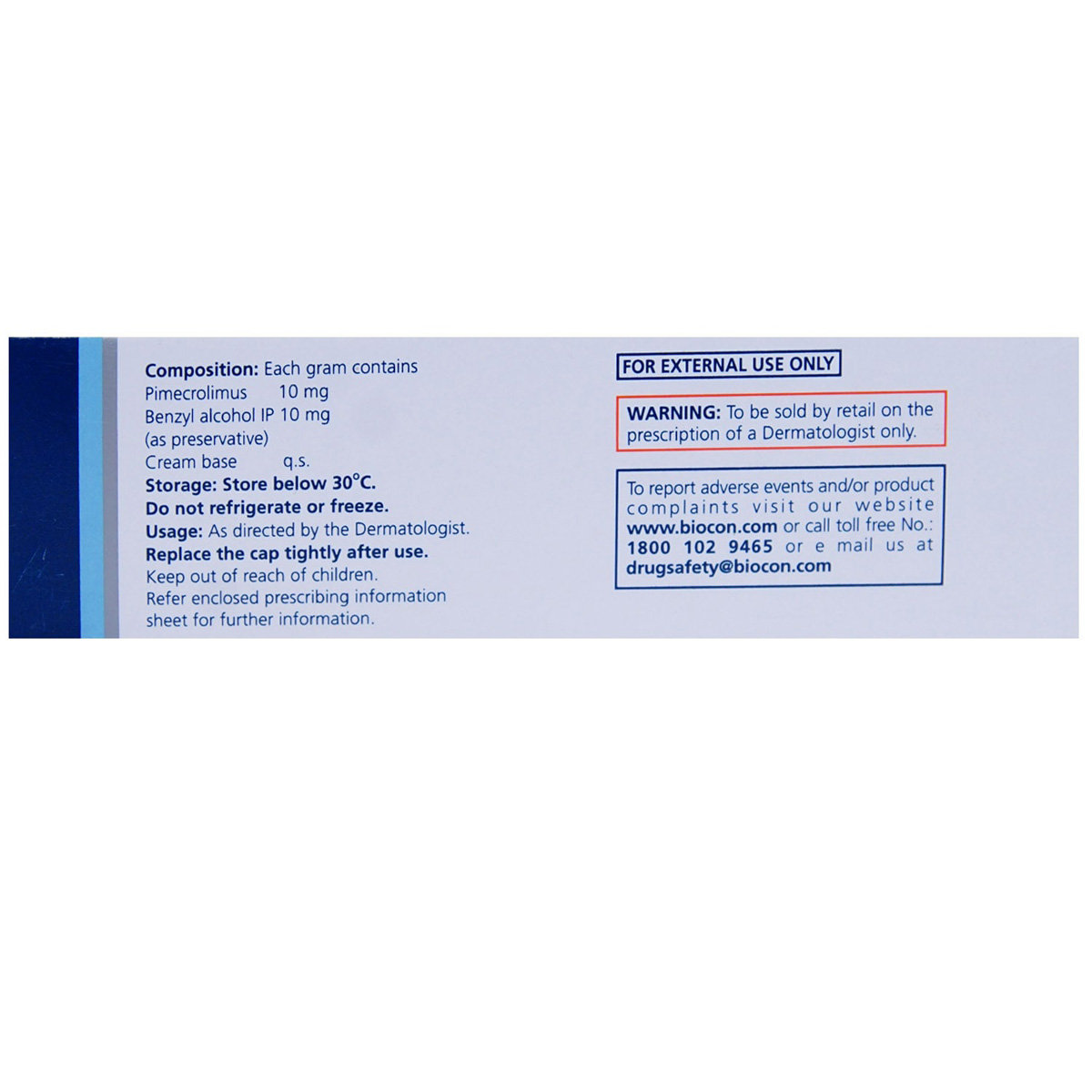
Selected Pack Size:30 gm
30 gm ₹1485.9
(₹49.53 / 1 gm)
In Stock
10 gm ₹594.9
(₹59.49 / 1 gm)
In Stock
MRP ₹1651
(Inclusive of all Taxes)
₹247.7 Cashback (15%)
Picon Cream is used to treat atopic dermatitis (eczema). It contains Pimecrolimus works by stopping the immune system from producing chemical substances that may cause eczema. In some cases, this medicine may cause side effects such as burning, irritation, itching, and redness at the application site. Inform the doctor if you are pregnant or breastfeeding, taking any other medication, or have any pre-existing medical conditions.
Know Your Delivery Time
Provide Delivery Location

Secure Payment

India's Most Trusted Pharmacy

Genuine Products
Composition :
Manufacturer/Marketer :
Consume Type :
Return Policy :
Expires on or after :
About Picon Cream
Picon Cream is used to prevent allergies, including swelling, itching, redness, heat, and pain caused by certain skin problems such as dermatitis (itchy, swelling of the skin) and eczema (itchy, cracked, swollen or rough skin). Eczema is a condition in which skin patches become inflamed, itchy, cracked and rough. Dermatitis is a skin condition that causes itchy, dry skin or a rash on swollen, reddened skin.
Picon Cream contains Pimecrolimus works by stopping the immune system from producing chemical substances that may cause eczema. When the skin reacts to any type of allergens, such chemical substances are released normally. It acts inside the skin cells and causes inflammation and characteristic redness and itching of eczema. Picon Cream is used to treat swelling, itching, redness, heat, and pain caused by skin problems such as eczema or atopic dermatitis (itchy, cracked, swollen or rough skin).
Use Picon Cream as prescribed by your doctor. Your doctor will advise the appropriate dose depending on your medical condition. Avoid contact of Picon Cream with nose, mouth, or eyes. If Picon Cream comes into contact with these areas accidentally, rinse it with water thoroughly. Common side effects of Picon Cream include burning, irritation, itching, and redness at the application site. Most of these side effects of Picon Cream do not require medical attention and gradually resolve over time. However, if the side effects persist or worsen, please consult your doctor.
Avoid using Picon Cream if you are allergic to it. If you are pregnant or a nursing mother, you are advised to consult your doctor before using Picon Cream. Do not use Picon Cream in more than prescribed doses or for a prolonged time as it may cause adverse effects. Avoid consuming alcohol while using Picon Cream as it can make your skin (particularly on your face) flushed or red and feel hot. If you have a weakened immune system (immunocompromised), have erythroderma (redness of almost the entire body), or a skin condition called Netherton’s syndrome (a disorder that affects the skin, hair and immune system) and skin malignancies (tumours), and skin infections (including chickenpox or herpes), inform your doctor before starting Picon Cream.
Uses of Picon Cream
Picon Cream used in the treatment of Atopic dermatitis (eczema). The detailed uses of Picon Cream are as follows:
- Treatment of Atopic Dermatitis: Picon Cream reduces symptoms of eczema through its anti-inflammatory action and by stopping the immune system from producing chemical substances that cause discomfort.
- Symptom Relief: Picon Cream provides relief from eczema symptoms such as itching, redness, swelling, and skin roughness, thereby managing the condition effectively.

Have a query?
Directions for Use
- Follow your doctor’s recommendations on the dosage and timing of this medication to achieve optimal results.
- Take a small amount of Picon Cream on the fingertip and apply it as a thin layer on the clean and dry affected area as prescribed by your doctor.
- Avoid contact of Picon Cream with nose, mouth, or eyes. In case Picon Cream comes in contact with these areas accidentally, rinse with water thoroughly.
Medicinal Benefits
Picon Cream contains Pimecrolimus is a class of medications called topical calcineurin inhibitors with anti-inflammatory properties, specifically treating inflammation of the skin called atopic dermatitis (eczema). It works by stopping the immune system from producing chemical substances that may cause eczema. When the skin reacts to any type of allergens, such chemical substances are released normally. It acts inside the skin cells and causes inflammation and characteristic redness and itching of eczema. Picon Cream is used to treat swelling, itching, redness, heat, and pain caused by certain skin problems such as eczema or atopic dermatitis (itchy, cracked, swollen, or rough skin) in children (aged 2 years and above), teenagers, and adults. When used to treat early signs and symptoms, Picon Cream can prevent progression to severe flare-ups.
How Picon Cream Works
Storage
- Inform your doctor about the symptoms you're experiencing due to medication.
- Your doctor may adjust your treatment plan, which could include changing your medication, adding new medications, or offering advice on managing your symptoms.
- Practice good hygiene, including frequent handwashing, avoiding close contact with others, and avoiding sharing utensils or personal items.
- Stay hydrated by drinking plenty of fluids to help loosen and clear mucus from your nose, throat, and airways.
- Get plenty of rest and engage in stress-reducing activities to help your body recover. If your symptoms don't subside or worsen, consult your doctor for further guidance.
- Inform your doctor about the common cold symptoms you're experiencing due to medication.
- Your doctor may adjust your treatment plan, which could include changing your medication, adding new medications, or offering advice on managing your symptoms.
- Practice good hygiene, including frequent handwashing, avoiding close contact with others, and avoiding sharing utensils or personal items.
- Drink plenty of fluids, such as warm water or soup, to help thin out mucus.
- Get plenty of rest and engage in stress-reducing activities to help your body recover. If your symptoms don't subside or worsen, consult your doctor for further guidance.
- Hydrate your body: Drink enough water to prevent dehydration and headaches.
- Calm Your Mind: Deep breathing and meditation can help you relax and relieve stress.
- Rest and Recharge: Sleep for 7-8 hours to reduce headache triggers.
- Take rest: lie down in a quiet, dark environment.
- Cold or warm compresses can help reduce tension.
- Stay Upright: Maintain good posture to keep symptoms from getting worse.
- To treat headaches naturally, try acupuncture or massage therapy.
- Over-the-counter pain relievers include acetaminophen and ibuprofen.
- Prescription Assistance: Speak with your doctor about more substantial drug alternatives.
- Severe Headaches: Seek emergency medical assistance for sudden, severe headaches.
- Frequent Headaches: If you get reoccurring headaches, consult your doctor.
- Headaches with Symptoms: Seek medical attention if your headaches include fever, disorientation, or weakness.
- Tell your doctor about the cough symptoms you're experiencing, which may be triggered by your medication.
- Your doctor may adjust your treatment plan by changing your medication, adding new medications, or providing guidance on managing your cough symptoms.
- Practice good hygiene, including frequent handwashing, avoiding close contact with others, and avoiding sharing utensils or personal items.
- Stay hydrated by drinking plenty of fluids, such as water, tea, or soup, to help thin out mucus and soothe your throat.
- Get plenty of rest and engage in stress-reducing activities to help your body recover. If your cough persists or worsens, consult your doctor for further guidance.
- Inform your doctor immediately if you experience a fever after starting a new medication.
- Your doctor may adjust your medication regimen or dosage as needed to minimize fever symptoms.
- Monitor your body temperature to monitor fever progression.
- Drink plenty of fluids, such as water or electrolyte-rich beverages, to help your body regulate temperature.
- Get plenty of rest and engage in relaxation techniques, such as deep breathing or meditation, to help manage fever symptoms.
- Under the guidance of your doctor, consider taking medication, such as acetaminophen or ibuprofen, to help reduce fever.
- If your fever is extremely high (over 103°F), or if you experience severe symptoms such as confusion, seizures, or difficulty breathing, seek immediate medical attention.
- Mild hair follicle inflammation often heals on its own without needing treatment.
- You can apply a warm saltwater or vinegar solution to the affected area with a washcloth, or use over-the-counter antibiotics, oatmeal lotion, or hydrocortisone cream for relief.
- Avoid making the affected area worse by not shaving, scratching, or wearing tight clothes.
- Apply a warm compress to the area 3-4 times a day for 15-20 minutes to help speed up healing.
- Do not scratch, squeeze, or pop any bumps, as this may lead to infection or other problems.
- If self-care methods fail, consult a doctor for further treatment and advice.
- Drink warm fluids such as warm water with honey, broth, soup or herbal tea to soothe sore throat.
- Gargle with warm salt water.
- Suck on lozenges to increase the production of saliva and soothe your throat.
- Use a humidifier to soothe sore throat as it adds moisture to the air and makes breathing easier.
What if I have taken an overdose of Picon Cream
Drug Warnings
Do not use Picon Cream to areas of the skin affected by an active viral infection such as cold sores (herpes simplex) or chickenpox. Picon Cream may be associated with an increased risk of severe herpes simplex skin infection (eczema herpeticum). Therefore if you develop painful sores anywhere on your body, tell your doctor immediately. If you are pregnant or a nursing mother, it is advised to consult a doctor before using Picon Cream. Picon Cream is not recommended for children below 2 years of age. Avoid using Picon Cream on open wounds, windburned, sunburned, irritated, or dry skin. Do not cover or wrap the treated area with a bandage unless your doctor advises, as it may cause harmful effects. Avoid contact of topical Picon Cream with nose, mouth, or eyes as it may irritate. If Picon Cream comes in contact with these areas accidentally, rinse with water thoroughly. Avoid smoking or going near naked flames as the fabric (bedding, clothing, dressings) that is in contact with Picon Cream catches fire and burns easily. If you have a weakened immune system (immunocompromised), have erythroderma (redness of almost the entire body), or a skin condition called Netherton’s syndrome (a disorder that affects the skin, hair and immune system), and skin malignancies (tumours), please inform your doctor before starting Picon Cream. Avoid excessive exposure to sunlight, sun lamps, and tanning beds while using Picon Cream. If you are outdoors after applying Picon Cream, wear loose-fitting clothing, and appropriate sunscreen, and minimise the time you spend in the sun.
Drug-Drug Interactions
Drug-Drug Interactions
Login/Sign Up
Drug-Food Interactions
Drug-Food Interactions
Login/Sign Up
Diet & Lifestyle Advise
Eat foods rich in quercetin (a flavonoid), such as apples, cherries, broccoli, spinach and blueberries.
- Consuming food rich in probiotics helps in developing the immune system against allergies.
- Limit intake of food that might trigger allergies, such as dairy products, soy, eggs, and nuts.
- Avoid the consumption of foods with excess sugar as it may flare up inflammation.
- Include fruits, vegetables, whole grains, healthy fats and fish in your diet.
- Reducing stress and maintaining a regular sleep pattern would be helpful.
- Avoiding getting in contact with harsh soaps, detergents and rough fabrics.
- Use mild soap while taking baths and prefer warm baths. Avoid harsh products on your skin.
- Do not scratch or pick your skin to avoid getting the affected area infected.
Habit Forming
Therapeutic Class
All Substitutes & Brand Comparisons
RX
Pacroma Cream 30 gm
Ajanta Pharma Ltd
₹1472.5
(₹44.18/ 1gm)
10% CHEAPERRX
Pacroma XL 1% Cream 30 gm
Ajanta Pharma Ltd
₹1472.5
(₹49.08/ 1gm)
RX
Pimovate Cream 15 gm
Canixa Life Sciences Pvt Ltd
₹796.5
(₹53.1/ 1gm)
7% COSTLIER
Alcohol
Unsafe
Do not drink alcohol while using Picon Cream. It can make your skin (particularly on your face) become flushed or red and feel hot.
Pregnancy
Caution
Picon Cream is a Category C pregnancy drug. If you are pregnant, please consult your doctor before using Picon Cream. Your doctor prescribes this medicine if the benefits outweigh the risks.
Breast Feeding
Caution
Picon Cream is safe to use while nursing. Human studies indicate that the medication does not transfer into the breastmilk in large amounts and is not dangerous to the baby.
Driving
Safe if prescribed
Picon Cream usually does not affect your ability to drive or operate machinery.
Liver
Caution
If you have a history of liver disease, please consult your doctor before using Picon Cream.
Kidney
Caution
If you have a history of kidney disease, please consult your doctor before using Picon Cream.
Children
Caution
Picon Cream is not recommended for children below 2 years. However, for children above 2 years, Picon Cream should be used only as prescribed by a doctor.
FAQs
Picon Cream is used to treat swelling, itching, and redness caused by certain skin problems such as dermatitis (itchy, swelling of the skin) and eczema (itchy, cracked, swollen or rough skin).
Picon Cream contains Pimecrolimus is an immunosuppressant. It works by suppressing your body’s immune response. It treats an inflammation of the skin called atopic dermatitis (eczema).
You are recommended to use Picon Cream as long as your doctor has prescribed it. However, if the condition persists or worsens after 1 week of treatment with Picon Cream, please consult a doctor.
You are recommended to use Picon Cream on the face only if advised by your doctor and not use it for more than 5 days on the face as the skin on the face thins easily. Avoid the use of dressing or bandages on the face.
Picon Cream is for external use only. Avoid contact with eyes. If Picon Cream gets into your eyes, nose, mouth or vagina, rinse with water. Do not put a bandage or a dressing on the affected area while using Picon Cream unless advised by the doctor. Do not apply Picon Cream on sunburns, open wounds, lesions and blisters. Do not contact anyone who has shingles, chickenpox, or measles. If you accidentally come in contact with any person having them, please inform your doctor immediately, as it requires special treatment if you have not had these illnesses.
The safety and efficacy of Picon Cream have shown no difference in young and elderly patients. So, Picon Cream can be given to treat skin infections in elderly patients.
You are recommended to cover the treated area of your skin with bandages or dressings only if advised by your doctor else it may increase the risk of side effects.
No, Picon Cream is not a steroid. It is an immunosuppressant.
Yes, Picon Cream is effective if used in the dose and duration as prescribed by your doctor. Do not stop using Picon Cream too early, even if you see improvement as it may cause recurring or worsening symptoms.
No, Picon Cream is not an over the counter medication. It is a prescription medicine which means it requires a valid prescription by a doctor in order to purchase it.
Take a small amount of Picon Cream on the fingertip and apply it as a thin layer on the clean and dry affected area as prescribed by your doctor. Rub in gently. Avoid contact of Picon Cream with nose, mouth or eyes. In case of accidental contact with these areas, rinse with water thoroughly. Wash your hands before and after using Picon Cream if your hands are not the affected area.
If you forget to use Picon Cream, apply it as soon as you remember. But, if it is time for your next application, skip the missed dose and continue your regular dose. Do not apply extra cream to make up for a missed dose.
Country of origin
Manufacturer/Marketer address
Customers Also Bought
Disclaimer
Author Details
We provide you with authentic, trustworthy and relevant information
Buy best Dermatology products by
Others
AYUR
MINTOP
Venusia
UV DOUX
KETO
ELOVERA
NEVLON
TUGAIN
FIXDERMA
ONABET
SELSUN
SOLSET
UVAVO
BETADINE
CANDID
MINOIL
KETAFUNG
MOISTUREX
REJUGLOW
TRICOMAX
TRUDERMA
ACTAME
BIOLINE
CLOCIP
Canesten
DERMADEW
KENZ
KETOMAC
MELALUMIN
OLESOFT
SLC
ZENSOFT
ZORAY
ECOKET
MELAGARD
MORR
NIXIPER
PHOTON
REJUHAIR
SUDERMA
SUNSTOP
AQUASOFT
CIPHANDS
CLINSOL
CUVIA
DEWDERM
DEWSOFT
DUCRAY
DYSIS
EKRAN
KETOL
LOZISOFT
MESODEW
MINOPEP
OILATUM
PARASOFT
PMT
SOLASAFE
SUNBAN
SUNCROS
ACCARE
ACMED
BLYNDS
COSALIC
DANCLEAR
DEPISHINE
Evion
GLAMBAK
GLYMED
HAIRGUARD
Hair Shield
ISDIN
KETOPZ
KTC
KZ
L-SKIN
LACNE
MEDERMA
MEDILICE
PERITOP
PERMED
PHOTOSTABLE
PHYSIOGEL
PSOROLIN
Q-SERA
RITCH
SOFIDEW
SUNMATE
TRIRISE
TVAKSH
ULTRA
UNISON
YUVINIE
A-DERMA
ACNE-UV
ACNESTAL
ACNESTAR
ACNETHRO
ADCROSS
Glenmark Pharmaceuticals Ltd
Canixa Life Sciences Pvt Ltd
Klm Laboratories Pvt Ltd
Sun Pharmaceutical Industries Ltd
Cipla Ltd
Intas Pharmaceuticals Ltd
Abbott India Ltd
Ajanta Pharma Ltd
East West Pharma India Pvt Ltd
Dr Reddy's Laboratories Ltd
Brinton Pharmaceuticals Ltd
Leeford Healthcare Ltd
Alkem Laboratories Ltd
Skinocean Pharmaceuticals
Amwill Healthcare Pvt Ltd
Atopic laboratories Pvt Ltd
Hegde & Hegde Pharmaceutica Llp
Torrent Pharmaceuticals Ltd
Palsons Derma Pvt Ltd
Dermacia Healthcare
Oaknet Healthcare Pvt Ltd
Ipca Laboratories Ltd
Micro Labs Ltd
Yaher Pharma
Med Manor Organics Pvt Ltd
Dermocare Laboratories Gujarat Llp
Apex Laboratories Pvt Ltd
Talent India Pvt Ltd
Kivi Labs Ltd
Mankind Pharma Pvt Ltd
Systopic Laboratories Pvt Ltd
Menarini India Pvt Ltd
Nemus Pharmaceuticals Pvt Ltd
Ethinext Pharma
Zydus Cadila
Regaliz Medicare Ltd
Inex Medicaments Pvt Ltd
Mohrish Pharmaceuticals Pvt Ltd
Hbc Dermiza Healthcare Pvt Ltd
Lupin Ltd
Mrhm Pharma Pvt Ltd
Zydus Healthcare Ltd
Eskon Pharma
GlaxoSmithKline Pharmaceuticals Ltd
La Pristine Bioceuticals Pvt Ltd
Praise Pharma
Wallace Pharmaceuticals Pvt Ltd
Newtrimed Healthcare Pvt Ltd
Biocute Life Care
Glowderma Lab Pvt Ltd
Macleods Pharmaceuticals Ltd
Sol Derma Pharmaceuticals Pvt Ltd
Aurel Biolife
Ethicare Remedies Pvt Ltd
Galcare Pharmaceuticals Pvt Ltd
Kaizen Drugs Pvt Ltd
Percos India Pvt Ltd
Rockmed Pharma Pvt Ltd
Elder Pharmaceuticals Ltd
Rely On Pharmaceuticals
Wockhardt Ltd
Zee Laboratories Ltd
Karlin Pharmaceuticals & Exports Pvt Ltd
Alniche Life Sciences Pvt Ltd
Connote Healthcare
La Med Healthcare Pvt Ltd
Prism Life Sciences Ltd
Yap Bioceuticals
P and P Dermaceuticals Pvt Ltd
Adonis Laboratories Pvt Ltd
Indiabulls Pharmaceuticals Pvt Ltd
Lyra Laboratories Pvt Ltd
Akumentis Healthcare Ltd
Albatross Healthcare Pvt Ltd
Apple Therapeutics Pvt Ltd
Arka Vital Science Pvt Ltd
Gary Pharmaceuticals Pvt Ltd
Rhine Biogenics Pvt Ltd
Yash Pharma Laboratories Pvt Ltd
Dermajoint India
Leogard Pharmaceuticals Pvt Ltd
Dermarex HealthCare India Pvt Ltd
Iceberg Health Care Pvt Ltd
Capital Pharma
Eumedica Pharamceuticals
FDC Ltd
Glasier Wellness Inc
Grace Derma Healthcare Pvt Ltd
Oziel Pharmaceuticals Pvt Ltd
Salve Pharmaceuticals Pvt Ltd
West Coast Pharmaceuticals Pvt Ltd
Entod Pharmaceuticals Ltd
Jenburkt Pharmaceuticals Ltd
Medcure Organics Pvt Ltd
Olcare Laboratories Pvt Ltd
Anhox Healthcare Pvt Ltd
Bioswizz Pharmaceuticals Ltd
Indchemie Health Specialities Pvt Ltd
Omniceutics Healthcare Pvt Ltd
Skinska Pharmaceutica Pvt Ltd
BODY CREAM
Body Lotion
Soap
Face Cream
Shampoo
Sun Screen
Face Gel
Face Wash
HAIR SOLUTION
BODY GEL
Face Serum
Hair Lotion
Hair Serum
Dusting Powder
ANTISEPTIC
Body Wash
Face Lotion
FACE CLEANSER
Body Spray
Foot Cream
Conditioner
Eye Cream
Eye Gel
Cleanser
Hair Cream
Hair Gel
Hair Spray
FUNGAL INFECTION
Hair Oil
Sanitizer
Specialty Supplements
Face Mask
Skin Ointment
Lip Balm
Capsule
Eye Serum
Intimate Wash
Hand Cream
Facial Spray
Face Toner
Hand Wash
SPECIALITY SUPPLEMENT
Tablet
BABY SUNSCREEN
Body Butter
Body Scrub
EYE SOLUTION
FACIAL WIPE
Gargle
Hair Color
Hair Mask
Hair Tonic
Intimate Spray
Lip Serum
VITAMIN D


